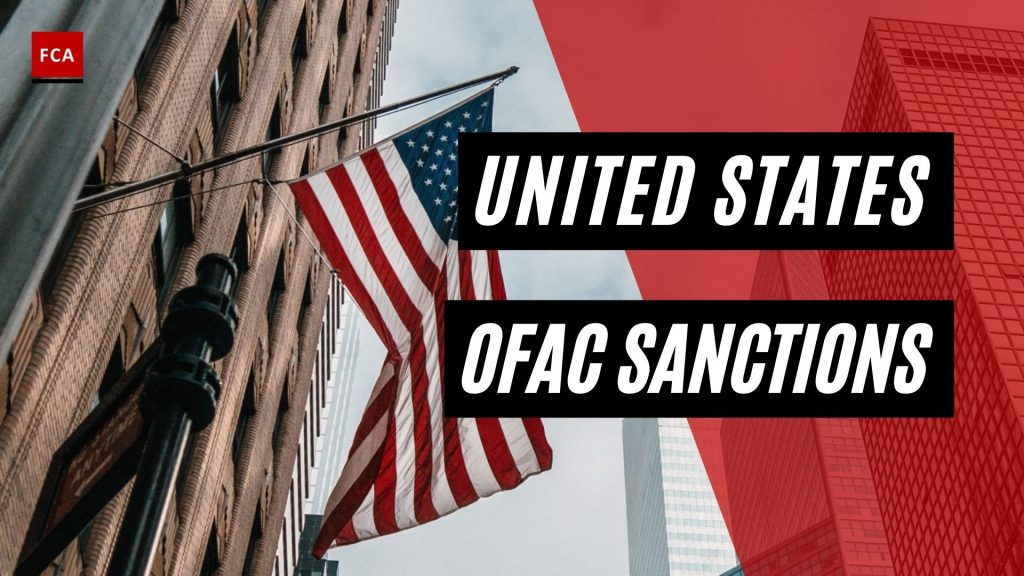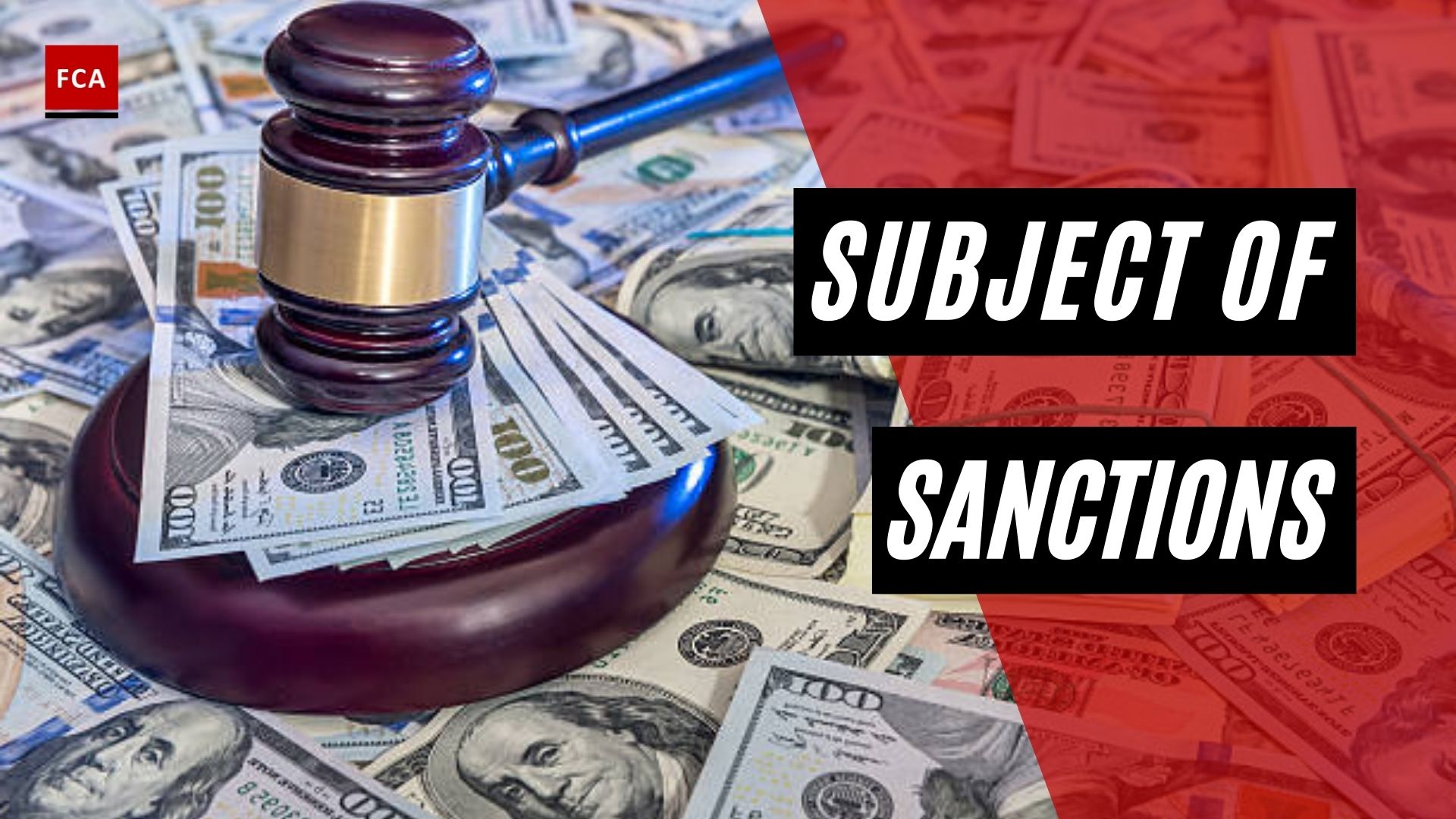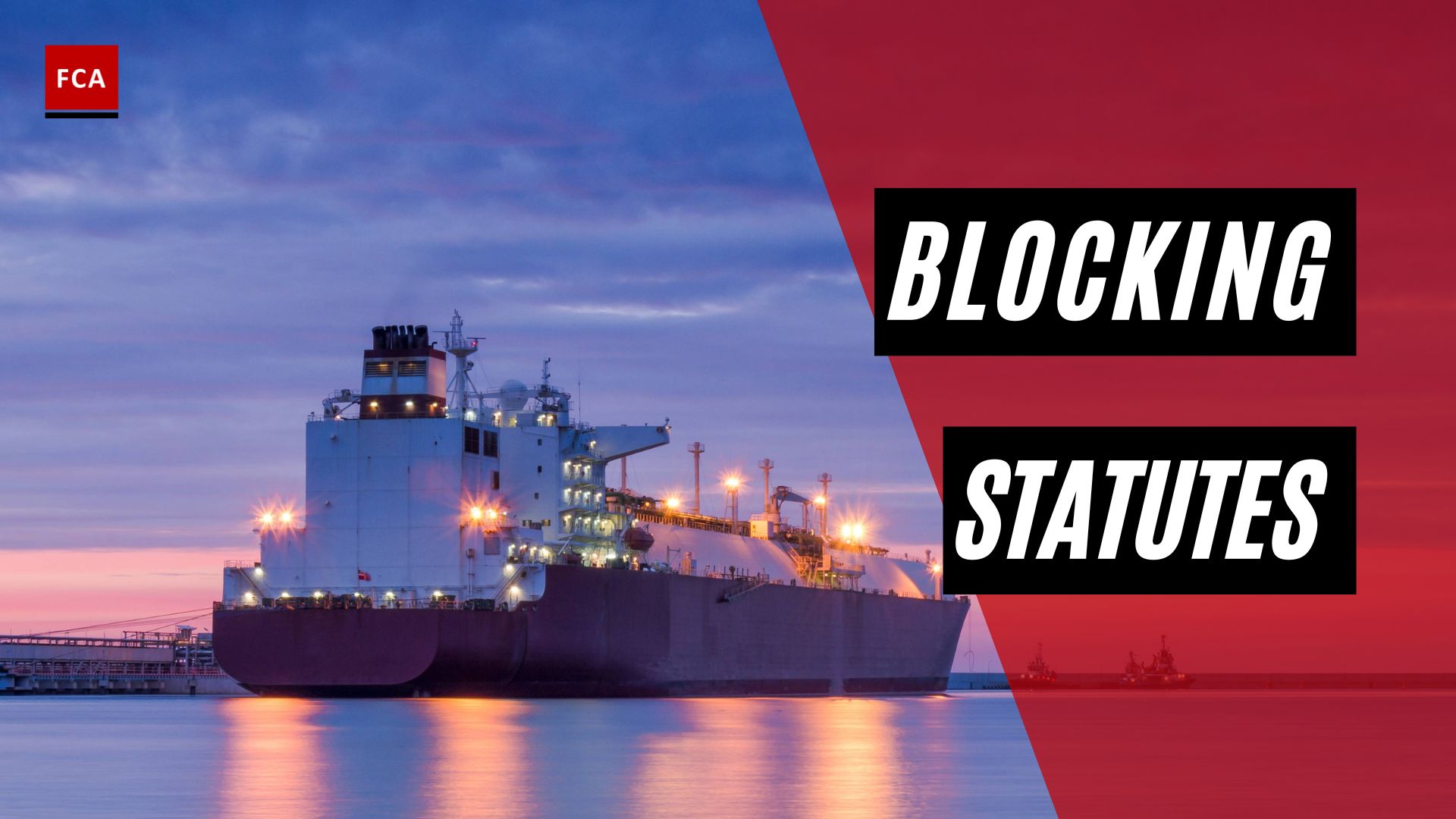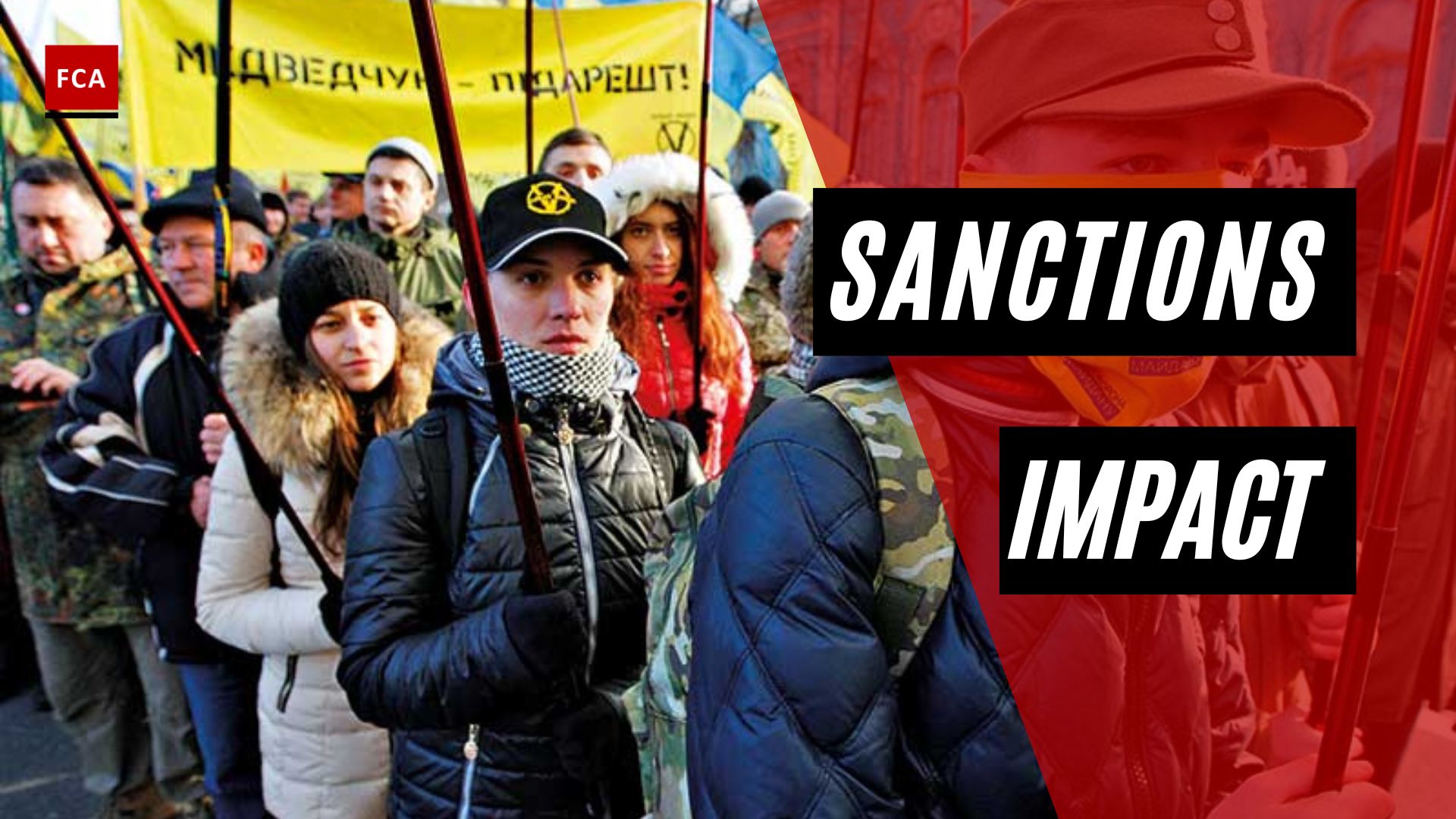United States OFAC Sanctions. The foundations of sanctions regulations in the United States, keep in mind that US sanctions regulation is highly complex and, to cover it all, it would possibly require an entire course on it. The purpose of this lesson rather is to give you a very basic overview of US sanctions regulation.
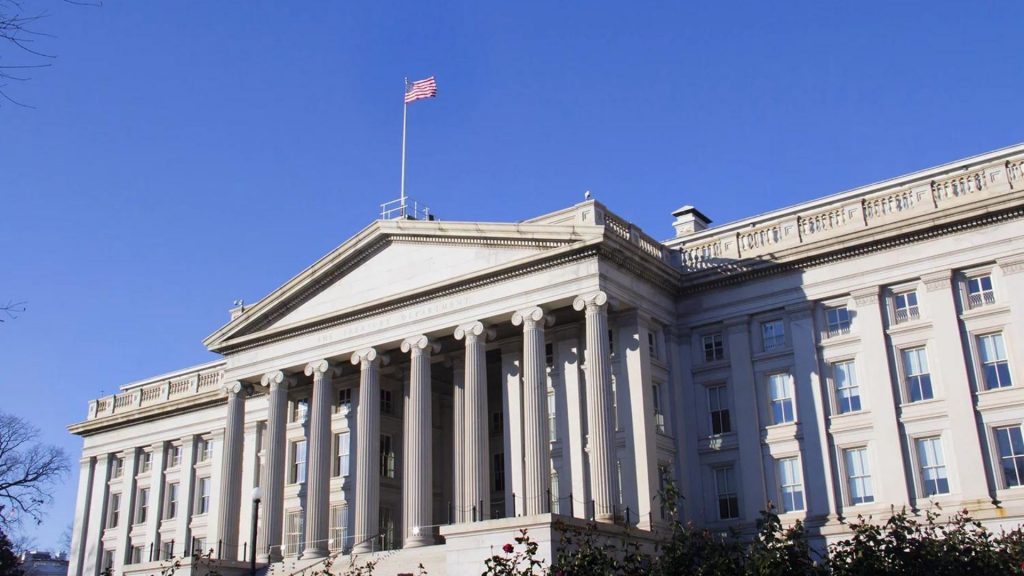
United States OFAC Sanctions
The US has more sanctions regulations than any other country. The US president is given broad authority to impose sanctions under an act of Congress, such as the International Emergency Economic Powers Act or the Trading with the Enemy Act. Under these acts, the president can impose sanctions by executive order. For example, Executive Order 13622 authorizes Iran sanctions based on the President’s authority from the International Emergency Economic Powers Act.
Executive orders are then further implemented by enacting regulations. The acts passed by Congress do not confer unlimited authority to the president to impose sanctions. As implied by its name, the International Emergency Economic Powers Act, like other acts, empowers the president during a state of emergency. Under the US sanctions regime, the president must follow reporting requirements imposed by Congress and track costs. The president must also review and extend the emergency each year. Congress may terminate an emergency through a joint resolution.
Office Of Foreign Assets Control
The Office of Foreign Assets Control, or OFAC. OFAC is an agency within the Department of the Treasury that is responsible for implementing financial sanctions. OFAC works in consultation with other agencies, such as the Department of State. A core component of OFAC sanctions is the Specially Designated Nationals and Blocked Person List, or SDN list. The SDN list contains the names and identifiers of individuals, companies, vessels, and other entities whose assets are to be blocked or frozen.
Another agency in the US that is responsible for sanctions affairs is the Bureau of Industry and Security or BIS. The BIS is within the Department of Commerce. It maintains the Denied Persons List, which is a list of persons for whom export privileges have been denied. The BIS also administers the Export Administration Regulations or EAR. The Export Administration Regulations apply to commodities, technology, software, and other things subject to export controls.
The USA PATRIOT Act, or, in particular, about Section 311 of the USA PATRIOT Act. Section 311 directs the Treasury to designate a financial institution or jurisdiction as being of “primary money laundering concern” based on numerous jurisdictional and institutional factors, including the extent to which the institution is used to facilitate or promote money laundering. While Section 311 is not technically a sanction, the results of Section 311 measures can be just as severe as sanctions because it prohibits US financial institutions from providing products or services to other financial institutions that in turn provide products or services to one of the designated institutions or jurisdictions of concern.
Moreover, US institutions provide an annual notice to their foreign financial institution customers warning them against maintaining these accounts as downstream correspondent accounts. The targeted financial institution is effectively cut off from the US dollar payment system.
For example, in 2005, the Financial Crimes Enforcement Network, or FinCEN, designated Banco Delta Asia, a bank in Macau, China, as being a primary money laundering concern for allegedly violating Treasury sanctions against North Korea. However, prior to the designation becoming effective, the bank suffered a large number of withdrawals. Even before the Treasury had instituted a formal rule against Banco Delta Asia, the threat of designation alone had triggered the run on the bank. Its deposits were depleted by 34% within days, and it had to go into receivership.
Final Thoughts
The US Department of the Treasury’s Office of Foreign Assets Control or OFAC administers and enforces economic and trade sanctions against targeted foreign countries and regimes, terrorists, international narcotics traffickers, those involved in activities related to the proliferation of weapons of mass destruction, and other threats to US national security, foreign policy, or economy.

